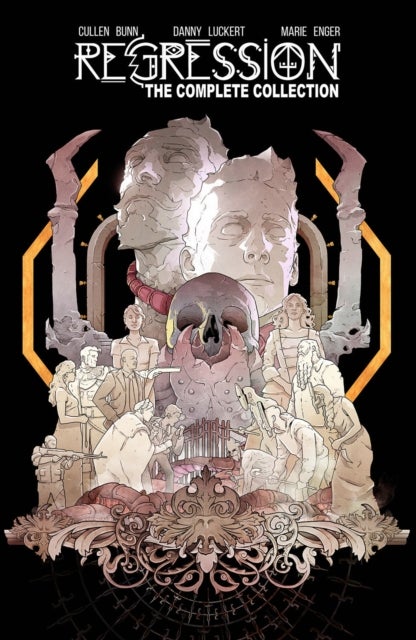
The Invisible Hand? av Bas van (Distinguished Professor of Transitions of Economy and Society Distinguished Professor of Transitions of Economy and So
399,-
The Invisible Hand? offers a radical departure from the conventional wisdom of economists and economic historians, by showing that ''factor markets'' and the economies dominated by them -- the market economies -- are not modern, but have existed at various times in the past. They rise, stagnate, and decline; and consist of very different combinations of institutions embedded in very different societies. These market economies create flexibility and high mobility in the exchange of land, labour, and capital, and initially they generate economic growth, although they also build on existing social structures, as well as existing exchange and allocation systems. The dynamism that results from the rise of factor markets leads to the rise of new market elites who accumulate land and capital, and use wage labour extensively to make their wealth profitable. In the long term, this creates social polarization and a decline of average welfare. As these new elites gradually translate their economi








